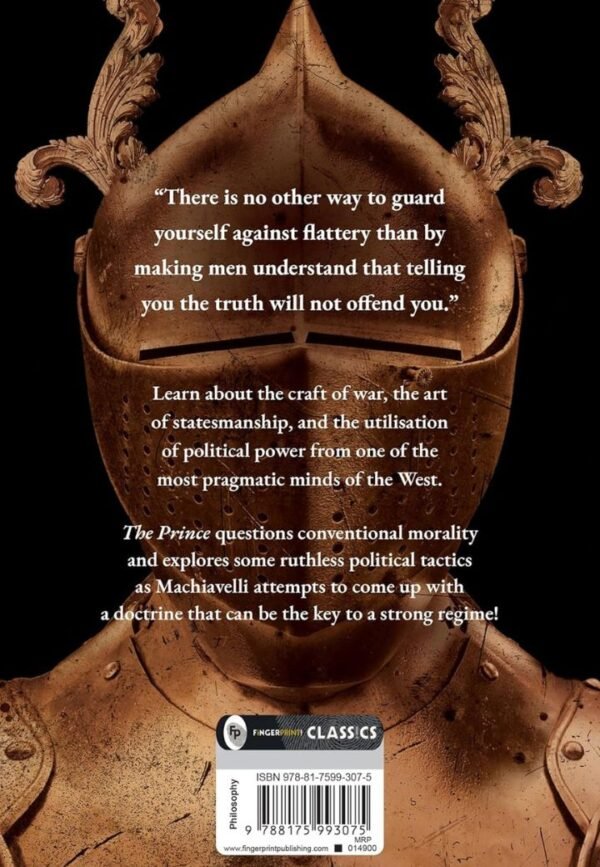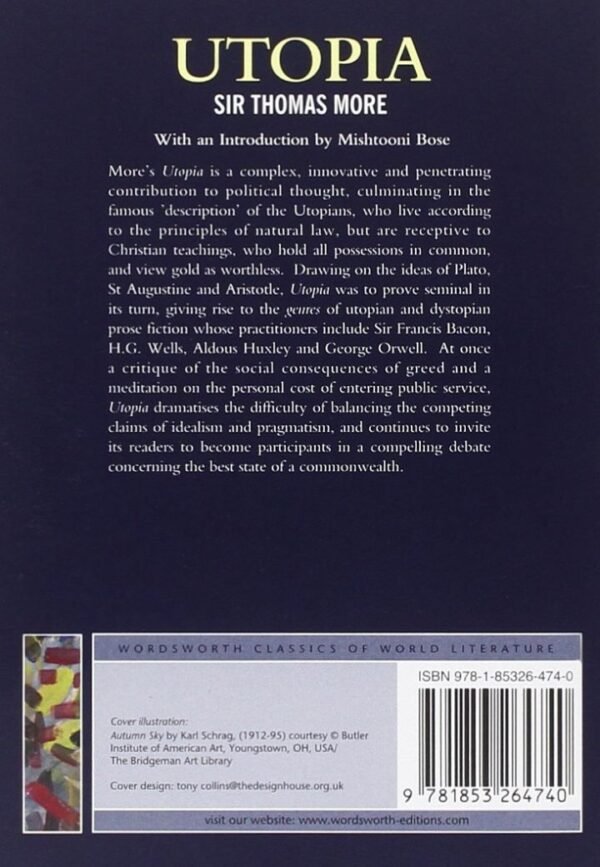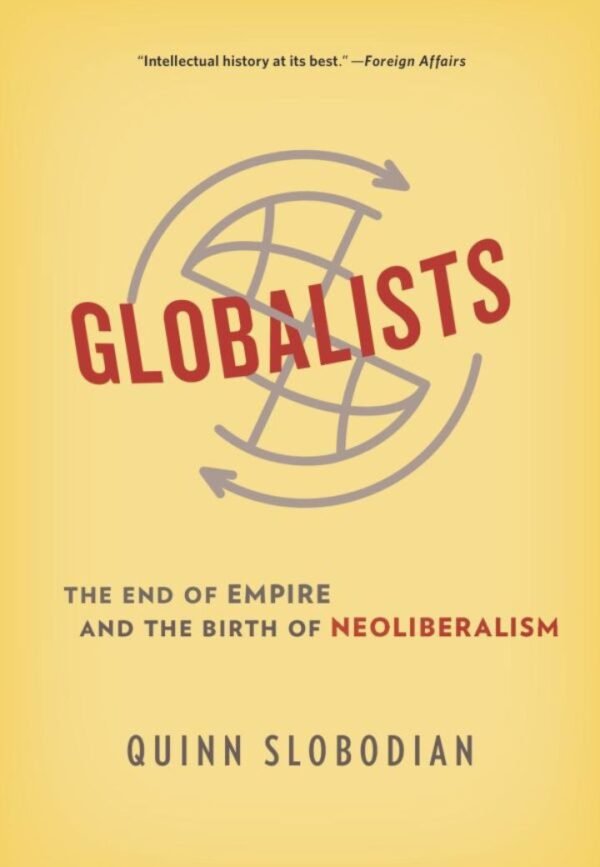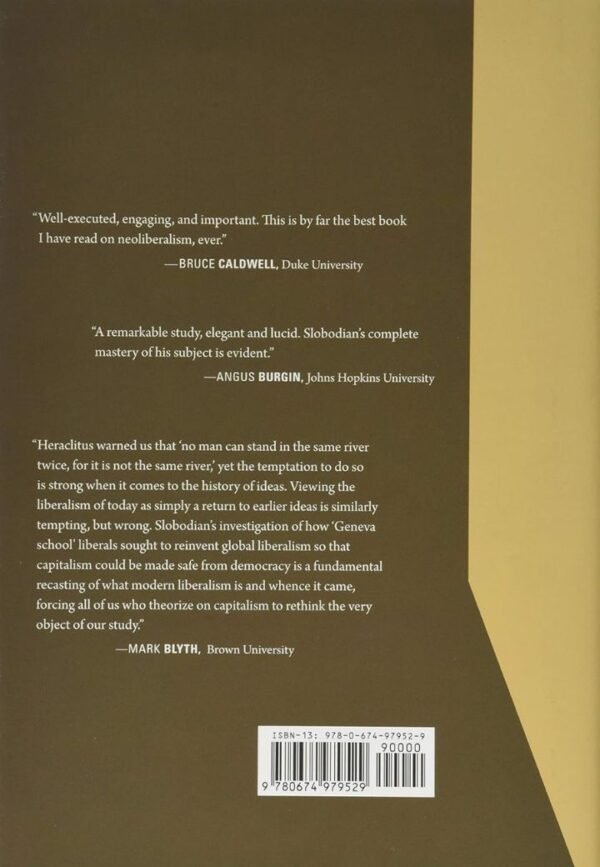Propaganda
In Propaganda, the unseen gears of modern society are laid bare—revealing how public opinion is not discovered, but designed. With chilling precision, it explores how invisible hands shape beliefs, habits, and even desires, turning democracy into a theater of managed consent. Is freedom still freedom if our thoughts are orchestrated by unseen forces? At once clinical and provocative, this book whispers a dangerous truth: those who understand persuasion rule the minds of the many. A mirror and a warning, it beckons the reader to question not only what they think—but why they think it.
- Originally Published: 1928
- Publisher: iG Publishing, 2004
- Genre: Non-fiction
- Pages: 175
- Book Type: Hardcopy
- ISBN: 978-0970312594
- Access: Members
Description
“Bernays’ honest and practical manual provides much insight into some of the most powerful and influential institutions of contemporary industrial state capitalist democracies.”~ Noam Chomsky
“The conscious and intelligent manipulation of the organized habits and opinions of the masses is an important element in democratic society. Those who manipulate this unseen mechanism of society constitute an invisible government which is the true ruling power of our country.”~ Edward Bernays
A seminal and controversial figure in the history of political thought and public relations, Edward Bernays (1891–1995), pioneered the scientific technique of shaping and manipulating public opinion, which he famously dubbed “engineering of consent.” During World War I, he was an integral part of the U.S. Committee on Public Information (CPI), a powerful propaganda apparatus that was mobilized to package, advertise and sell the war to the American people as one that would “Make the World Safe for Democracy.” The CPI would become the blueprint in which marketing strategies for future wars would be based upon.
Bernays applied the techniques he had learned in the CPI and, incorporating some of the ideas of Walter Lipmann, as well as his uncle, Sigmund Freud, became an outspoken proponent of propaganda as a tool for democratic and corporate manipulation of the population. His 1928 bombshell Propaganda lays out his eerily prescient vision for using propaganda to regiment the collective mind in a variety of areas, including government, politics, art, science and education. To read this book today is to frightfully comprehend what our contemporary institutions of government and business have become in regards to organized manipulation of the masses.










Reviews
There are no reviews yet.